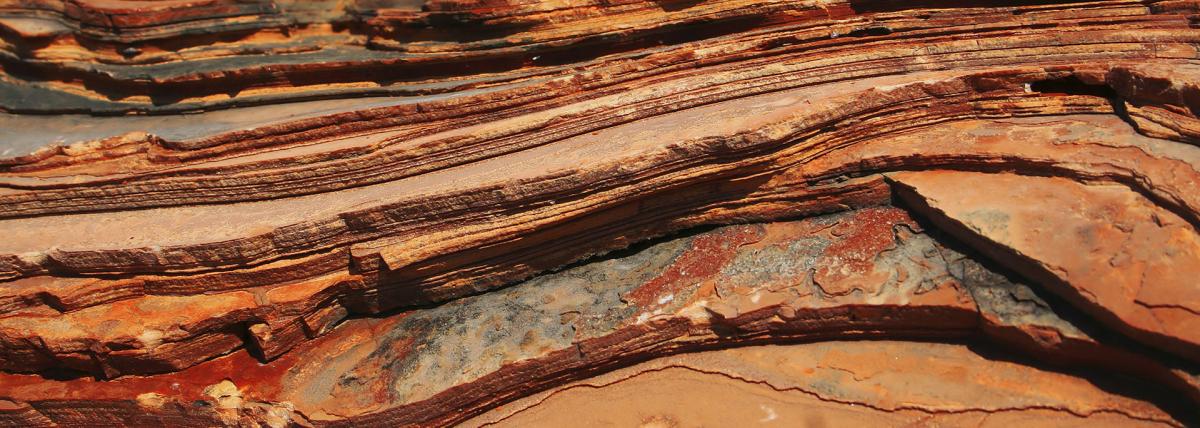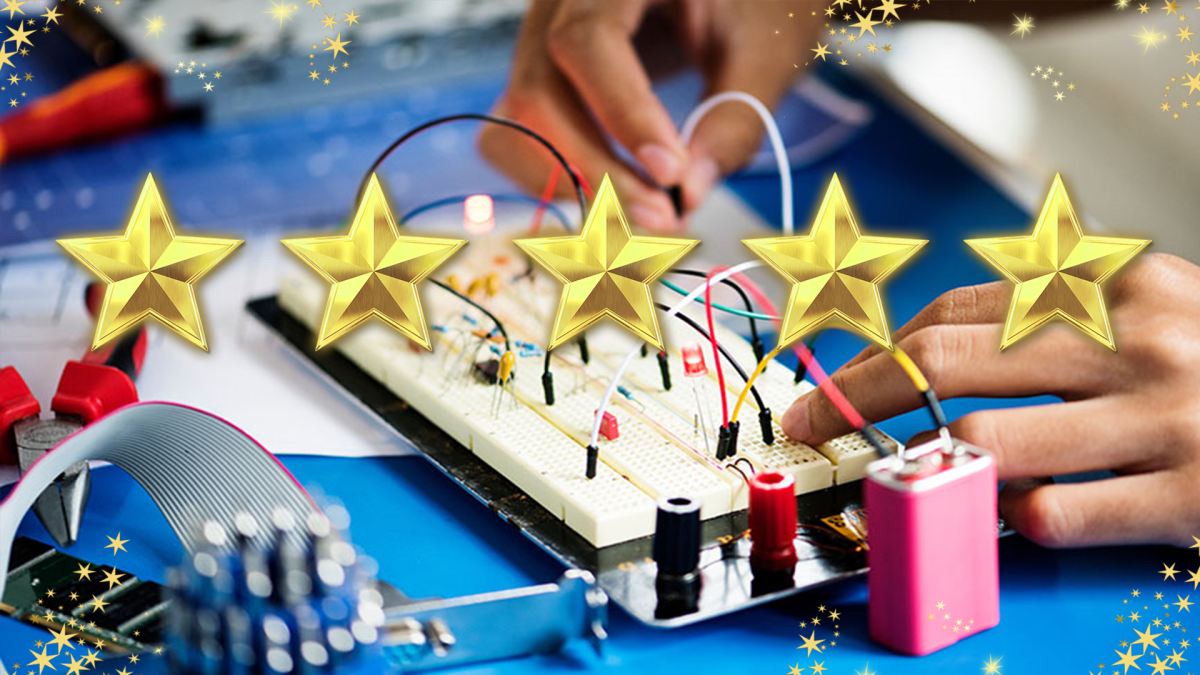Grades:
5th Grade
Students will explore the history and processes of using natural dyes, focusing on Sonoran desert flora. They will use examples from colonial times from colonists as well. They will investigate how
Grades:
1st Grade
Students will read and study types of movements and forces. They will draw examples of things that move in different ways. Then they will create a marble painting using the different movements and
Grades:
3rd Grade
In this hands on lesson, students learn about LED lights and why they are they better choice for the environment. After becoming familiar with LEDs, students then find out that the local Parks and Rec
Grades:
4th Grade
Do you need a fun culminating activity at the end of your light energy or light waves unit? Look no further! Here students will create their own spectroscope and investigate light energy and light
Grades:
4th Grade
Explore sound waves and energy through the creation of a rubber band guitar. This hands on experiment will be sure to get your students excited about energy and waves.
Grades:
3rd Grade
This lesson plan integrates science and technology, making coding accessible and fun for 3rd graders. It helps them understand weather patterns while engaging with technology. It aligns with Arizona's
Grades:
3rd Grade
In this engaging 1.5-hour lesson, 3rd-grade students will combine Science, Technology, and English Language Arts (ELA) to create a virtual garden using Code.org. Students will learn the basics of
Grades:
9th Grade, 10th Grade, 11th Grade
This lesson is designed to uderstand the stages of mitosis by integrating Virtual Reality (VR) in the classroom. The students will be able to identify and describe the key events in each stage of
Grades:
7th Grade, 8th Grade, 9th Grade, 10th Grade, 11th Grade, 12th Grade
This is the fourth lesson in a series of four designed to guide students through the process of designing, implementing, and documenting their own independent STEM research projects. This lesson
Grades:
3rd Grade, 4th Grade, 5th Grade
Students will modify previous versions of their Edison robots to move objects on the Mars map. Students will investigate the idea of a biosphere and use their robots to move supplies to the biosphere
Grades:
3rd Grade, 4th Grade, 5th Grade
Students will practice coding using Ed Blocks. They will use a given map as a target for their robot navigation with precision. The emphasis on this lesson is on making modifications and adjustments
Grades:
9th Grade, 10th Grade, 11th Grade, 12th Grade
Students are guided through the urgency to create large scale plan solutions for climate mitigation and green energy fuel sources. They will then build and design a bioreactor using algae as a
Grades:
7th Grade
This project transforms students into solar power investigators! They'll construct miniature solar power plants (model houses) and test methods to combat dust, a real-world challenge for solar panels
Grades:
6th Grade, 7th Grade, 8th Grade
In the Drone Light Show project, students will explore the intersection of technology, creativity, and teamwork by designing and programming their own synchronized drone light show. Utilizing DJI
Grades:
8th Grade, 9th Grade
This is the second part of the lesson: Soap Lab - Soap Making. In this lesson, students will take what they learned about soap making and develop a marketing plan for their company. Students will
Grades:
8th Grade, 9th Grade
In this lesson, the phenomenon of soap making will be used to teach the chemical reactions and physical and chemical properties to middle school students.
Grades:
3rd Grade
The lesson plan addresses the real world problem of forest management that affects the environment and the communities. The students will build awareness of global issues related to natural resources
Grades:
4th Grade
Hike the trail to the Fort Bowie visitor's center and collect data on plants and artifacts you see there. This lesson involves data collection in the field and creative graphing in the classroom.
Grades:
9th Grade
This lesson includes how to prepare and setup for a field trip to Sunset Crater National Monument. It includes helpful hints, activity sheets for students attending, and links to the National Park
Grades:
4th Grade, 5th Grade, 6th Grade, 7th Grade, 8th Grade
Lesson "Phoenix Reimagined: From Sun City to Solar City" ensures that students engage in age-appropriate, hands-on learning experiences that promote understanding of solar energy and its applications
Grades:
7th Grade, 8th Grade, 9th Grade, 10th Grade, 11th Grade, 12th Grade
This lesson is a whole unit on energy. It can be broken up into 10 separate lessons. I chose to put them all together so that it was easier to see how I organized them so you did not have to search
Grades:
4th Grade
Students will come up with and perform an investigation for the phenomenon that dropping a rock into a puddle makes a different reaction than throwing it. Students will drop a ball into a cup or
Grades:
7th Grade, 8th Grade, 9th Grade, 10th Grade, 11th Grade, 12th Grade
This lesson is designed to help students learn how to critically evaluate sources of information, a crucial skill for conducting independent STEM projects. The lesson uses the Baloney Detection Kit
Grades:
4th Grade, 5th Grade
In this lesson, we will learn about different methods for growing potatoes, as the pioneer farmers would have needed to test during the time of the settlers in the United States and Westward Expansion
Featured Lesson Plans
Check out these notable lesson plans.

Grades:
4th Grade
Explore Coal Mine Canyon's wonders! Watch a documentary, read about geology, draw the canyon, and use tech to learn about geological layers. Fun, interactive learning awaits!

Featured
Makey Makey with The Bionic Kid
Grades:
4th Grade
Imagine how cool it would be to build a video game controller out of bananas! In this engineering design challenge, you will learn how to use everyday items and a Makey Makey kit to design a

Grades:
Kindergarten, 1st Grade, 2nd Grade
This lesson combines ELA (reading and discussing the story), engineering (design a balloon with materials given and attach the balloon to an EdBot), and technology (code an EdBot to run the parade
